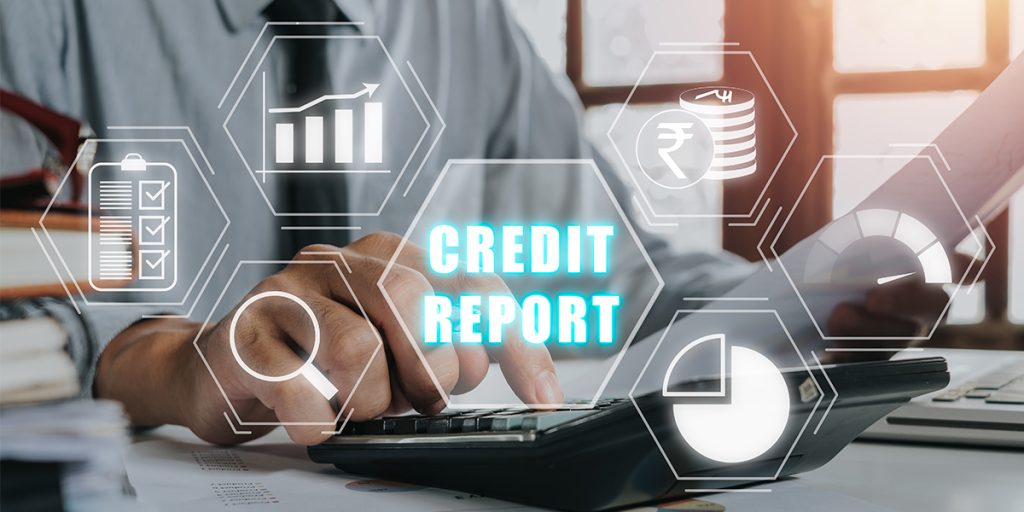One Payment to Rule Them All: Debt Consolidation and Your Credit Score
Juggling multiple high-interest loan EMIs and credit card bills is a recipe for financial stress.
Overview
Juggling multiple high-interest loan EMIs and credit card bills is a recipe for financial stress. If you find yourself struggling to keep up with various payments, Debt Consolidation might be the solution you need. In simple terms, Debt Consolidation means merging several existing loans and dues into a single, new loan. This allows you to make just one monthly payment, often at a lower interest rate, which can save you significant money in the long run. However, before you leap, it’s crucial to understand how this strategy impacts the invisible financial report card known as your Credit Score.
The Two Sides of Debt Consolidation’s Credit Impact
When you consolidate debt, you pull a few financial levers, creating both short-term dips and long-term gains for your credit score.
The Temporary Dip:
- The Hard Inquiry: When you apply for a new consolidation loan or a balance transfer card, the lender performs a hard credit inquiry into your profile. This action signals that you are seeking new debt and can cause a temporary, slight drop in your score.
- New Credit Account: Opening the consolidation loan or card means you are opening a new account. Lenders perceive new credit as a temporary new risk, which may cause a minor score reduction initially.
- Lower Average Age: A new account automatically lowers the average age of all your open credit accounts. A shorter average credit history can temporarily nudge your score down.
The Long-Term Boost:
- Improved Credit Utilization Ratio: This is the big win. By paying off high-balance credit cards with a new loan, you dramatically lower your Credit Utilization Ratio. Keeping this ratio low (ideally under 30%) is an efficient strategy that can significantly improve your credit score.
- A Consistent Payment History: The most crucial long-term benefit is the ability to maintain a pristine payment record. By reducing multiple monthly obligations to a single, manageable EMI, you are less likely to miss a payment, allowing your credit score to rise steadily over time.
Key Methods for Consolidating Your Debt
The core idea is to simplify your payments, but the method you choose matters:
- Personal Loan: If you can secure a personal loan at an interest rate lower than your current debts, you can use it to pay off all high-interest balances. This leaves you with only one, predictable EMI, making timely payments easier and helping your credit standing.
- Balance Transfer Credit Cards: Some credit card companies offer introductory rates, sometimes even zero interest, on balances transferred from other cards for a specific promotional period. This is a great opportunity to put more money toward the principal balance and pay off the debt faster, saving a lot on interest.
Don't Forget the Fundamentals
While consolidating, always stick to the basics of financial health: create and adhere to a strict budget to prevent incurring new, avoidable debt. If you are also focused on rebuilding poor credit, consider a Secured Credit Card (issued against a fixed deposit) instead of a traditional card. Using this card responsibly and paying the full amount monthly is a safe and effective way to rebuild a positive payment history and watch your credit score automatically improve.
 Conclusion
Conclusion
Debt consolidation is a powerful debt management strategy. Though your credit score may take a temporary dip, the long-term benefit of a single, lower-interest payment and a cleaner repayment history will put you firmly on the path to financial recovery.



